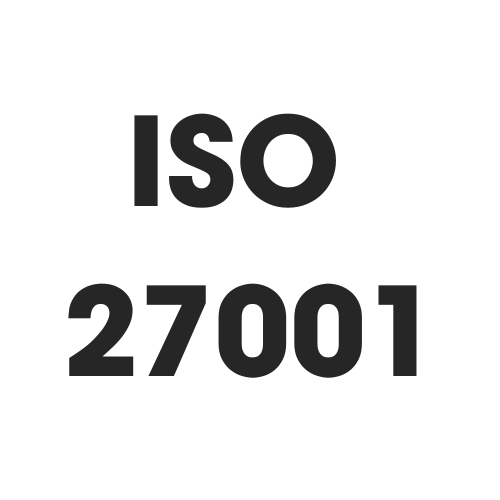Digital MSK triage - literature review summary
Scope
This review outlines key applications of AI in digital physiotherapy triage and clinical decision support, with a specific focus on decision trees (DT) and probabilistic modeling (PM). It examines the current literature base to identify the safety, accuracy, feasibility and acceptability of the AI solutions on offer.
Methodology
Detailed systematic searches, following PRISMA guidelines, were made in electronic databases: PubMed, the WHO International Clinical Trials Registry Platform (ICTRP), the Cochrane Central Register of Controlled Trials (CENTRAL) and Web of Science.
Searches were restricted to the period between Oct 2010 and Oct 2020 and the keywords used in various logical combinations included: physiotherapy, physical therapy, decision tree, Bayesian networks and artificial intelligence.
Inclusion/exclusion criteria for screening
- Full text access
- Use of AI, decision trees or probabilistic modeling in physiotherapy setting
- Triage or clinical decision making application
- No full text access
- Imaging applications
- Wearable devices
- Paediatric population
Appraisal plan for each publication
Publications were assessed and scored using GRADE (Grading of Recommendations, Assessment, Development and Evaluations). GRADE is a transparent framework for developing and presenting summaries of evidence and provides a systematic approach for making clinical practice recommendations.
Only publications that scored II-b and above were eligible for appraisal for inclusion in the meta analysis. Publications included in the meta analysis were then scored using a custom appraisal scheme.
The full PRISMA flow diagram for this literature review is reproduced below

Summary of results
DT and PM applications have the potential to add significant benefits for patients, clinicians and healthcare providers across a wide range of physiotherapy settings. However this emerging field is currently being explored and urgently needs more research and development with higher quality studies and more consistent reporting to increase patient and clinical confidence and remove barriers to more widespread adoption.
There is currently no available application which is as comprehensive in an MSK physiotherapy setting as the solutions in development and production at EQL. There is, however, a very close match in a general practice setting. For this reason we believe that the solutions in development and production at EQL are based on well-established clinical association. The case for a well-established clinical association is further strengthened as we found supporting evidence for each of the components in development and production at EQL (triage and diagnostics / clinical decision support) in physiotherapy settings across separate articles.
Commercial competition is low, with competitors either having poor market penetration or insufficient clinical scope in a physiotherapy setting. This puts EQL in an excellent position to take advantage of this gap in the market to deliver safe, accessible and high quality patient care, while simultaneously reducing care cost and clinician burden.

.png)




.png)